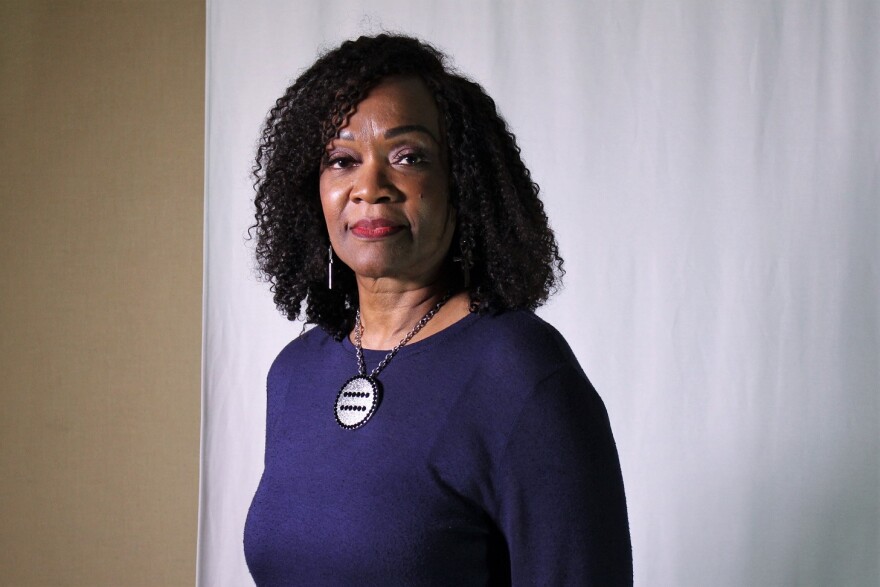Despite a year of extraordinary change, a substantial improvement in race relations in Kansas City may not be among them.
That's the lesson author and activist Garrett Griffin takes from this year so far.
"We're kind of on step one or two of, you know, 10,000," Griffin says, careful not to overstate things.
Griffin, who is white and lives in Kansas City's suburbs, seeks to help his white friends and family understand they have a role to play, whether it's posting on social media, protesting or civil disobedience.
"I think that it is encouraging to see that, if you look at national polls, support for Black Lives Matter, say, has been increasing pretty dramatically over the last few years," he says. "What's missing is real, substantive reform and policy change."
Griffin, who wrote a book about the history of racism in Kansas City, is not alone in his perspective.
For a long time, white Americans had convinced themselves that race wasn't a problem, says Gwendolyn Grant, president of the Urban League of Kansas City. "Now, it's abundantly clear that the problem of race in America has not been solved."
According to her organization's 2019 State of Black Kansas City report, the median net worth of Black households in Greater Kansas City was $17,600 — just 10% of their white counterparts.
The same report shows Black students are performing worse educationally than white ones, and most of the city's homicides occur in the 3rd and 5th Districts, both predominantly Black. As of Nov. 18, there have been 162 homicides in Kansas City, Missouri, more than any other year on record.

People can and do look at those numbers and use them to accept racist myths, Griffin says — but all those issues and more are connected through poverty.
For example, Black people in Greater Kansas City are four times more likely to live in poverty, and more than 99% of Black students in Jackson County are eligible for free or reduced price lunches, according to the most recent State of Black Kansas City report. But, when violence is tracked among poor Blacks and whites, a 2014 Bureau of Justice Statistics report showed that both had comparable rates of violence.
"That's just the connection between poverty and crime," Griffin says. "And that is completely apart from race and from biology and from culture."
The connection goes back all the way to slavery, he says, and helping his friends and family see that goes a long way toward convincing them Kansas City has a race problem.
There have been some encouraging signs. Griffin points to a move in June by Mayor Quinton Lucas and the Kansas City Board of Police Commissioners that requires all officer-involved shootings be reviewed by an external third party. He also notes other cities in the country rethinking how they respond to 911 calls.
Kansas City needs to shift its focus, he says, "away from the luxury hotels and the sports stadiums and the trains through Midtown, and really start focusing on undoing the effects of the past."
Getting to the heart of the matter, though, will take more than a change in white attitudes and nibbling around the edges, says the Urban League's Grant.
"I have not seen the political will to push, to press forward with the more wide-sweeping measures that are necessary to bring about racial equity and social justice on a large scale," she says. "When will we see the policy shifts, the systems-change, that is necessary for us to truly make a difference, basically."
The modest progress made this year also came with steps backward.
"If you look at racial profiling, it's steadily increased in the state of Missouri, and here in Kansas City," Grant says. Median household income for Black people in Kansas City also decreased slightly between 2015 and 2019.

Another issue she worries about is enthusiasm.
"I was more hopeful in the summer than I am now because, as is typical in situations like these, as the attention shifts away the priority diminishes somewhat," Grant says. "It's almost like you have to have these incidents, these painful incidents, you know — a murder, excessive force — some calamity must take place to wake people back up."
Griffin also admits progress will come slowly, but it's the moral thing for white people to do, he says.
"We're going to look back, you know, 50 to 100 years from now, and we're just going to shake our heads in shame," he says.





